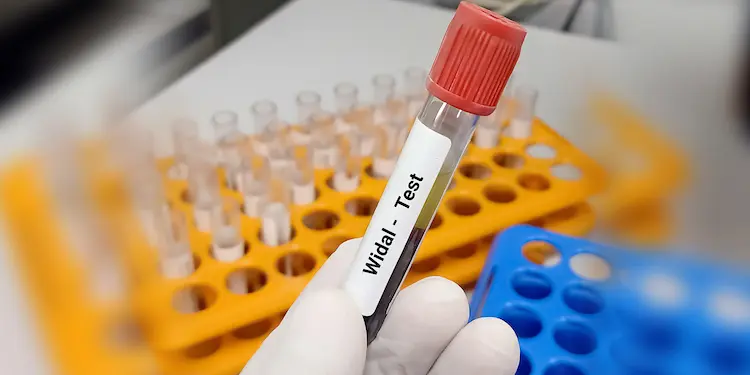Oct . 11, 2024 07:32 Back to list
Cost Analysis of Stool Antigen Testing for H Pylori Infection
The Cost of Stool Antigen Tests for H. Pylori Understanding Your Options
H. pylori, or Helicobacter pylori, is a type of bacteria that infects the stomach lining and is a major contributing factor to ulcers and gastric cancer. For many patients, the question of how to diagnose this infection arises, leading to options like breath tests, endoscopy, and the stool antigen test. Among these, the stool antigen test has gained favor due to its non-invasive nature, but one question persists what is the cost of stool antigen tests for H. pylori, and how can patients navigate this expense?
What is the Stool Antigen Test?
The stool antigen test is a diagnostic test used to detect the presence of H. pylori in a patient's stool sample. This test works by identifying antigens—substances that trigger an immune response—linked to the H. pylori bacteria. It is generally considered a reliable method for both diagnosing an infection and confirming eradication after treatment.
Price Range and Factors Influencing Cost
The cost of the stool antigen test can vary significantly based on several factors, including geographic location, the specific healthcare facility, and whether the patient has insurance. On average, the price for this test can range from $50 to $200. In some cases, if the test is performed in a hospital setting or an urgent care center, the costs may be higher due to additional fees related to facilities.
For uninsured patients or those with high-deductible health plans, the out-of-pocket expenses can be a deterrent to getting tested. Patients are encouraged to inquire about pricing directly with the laboratory or clinic and to ask if there are discounts available for cash payments.
Insurance Coverage
Many insurance plans cover stool antigen tests, but the extent of coverage can vary significantly. Patients are advised to check with their insurance provider to understand their benefits. Typically, if the test is deemed necessary by a doctor and is performed in the context of investigating symptoms like abdominal pain or persistent gastrointestinal issues, insurance may cover most, if not all, of the cost.
stool antigen test for h pylori cost

It’s worth noting that patients who are referred for a test by an approved doctor might see a higher rate of approval for coverage. Additionally, if any further procedures or treatments are required—such as medication for H. pylori eradication—insurance is likely to cover those as well, given that they follow the initial diagnosis.
The Importance of Accurate Testing
While cost is a significant consideration, it’s essential not to overlook the importance of accurate testing and diagnosis. Undiagnosed or untreated H. pylori infections can lead to severe gastrointestinal issues, including ulcers and increased risk for gastric cancer. As a result, the stool antigen test, despite its cost, can be a valuable investment in a patient’s long-term health.
Discounts and Financial Assistance
Patients should also be aware of options for financial assistance. Many health systems and laboratories offer sliding scale fees for patients with financial hardship. Additionally, community health clinics often provide testing at a reduced rate or even for free, ensuring that everyone has access to essential healthcare services.
Moreover, telehealth options have become more prevalent, enabling patients to consult with healthcare providers without incurring hefty consultation fees. Many telehealth platforms also provide clear pricing information for tests, allowing patients to make informed decisions without hidden costs.
Conclusion
The stool antigen test for H. pylori is an essential diagnostic tool that consumers must consider carefully. While the cost of testing can range from $50 to $200, the benefits of proper screening outweigh the financial implications. Understanding insurance coverage and exploring options for financial assistance can further help mitigate expenses. Ultimately, prioritizing health should often come before centering cost as the sole factor in decision-making. Regular check-ups and awareness of gastrointestinal health can pave the way for early detection and intervention, which is crucial for treatment success and improved quality of life.
-
Dengue NS1 Rapid Diagnostic Test Kit
NewsMar.07,2025
-
Dengue NS1 Rapid Diagnostic Test Kit
NewsMar.07,2025
-
Dengue NS1 Rapid Diagnostic Test Kit
NewsMar.07,2025
-
Transferrin Rapid Test Cassette Tumor Marker TF Card
NewsMar.07,2025
-
Malaria Pf Pan Rapid Diagnostic Test Kit
NewsMar.07,2025
-
malaria pf / pan ag rapid test
NewsMar.07,2025

